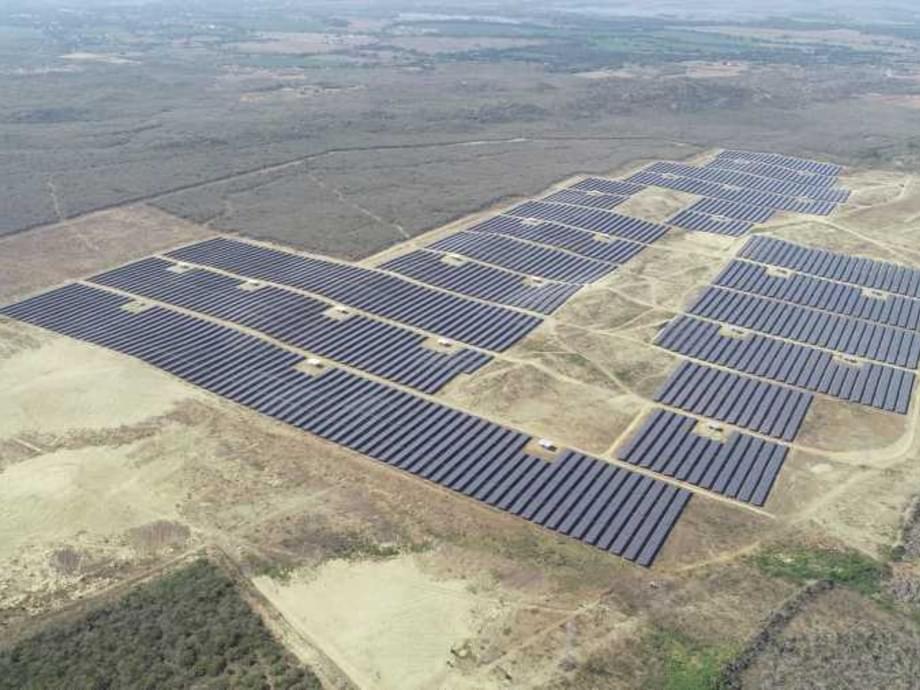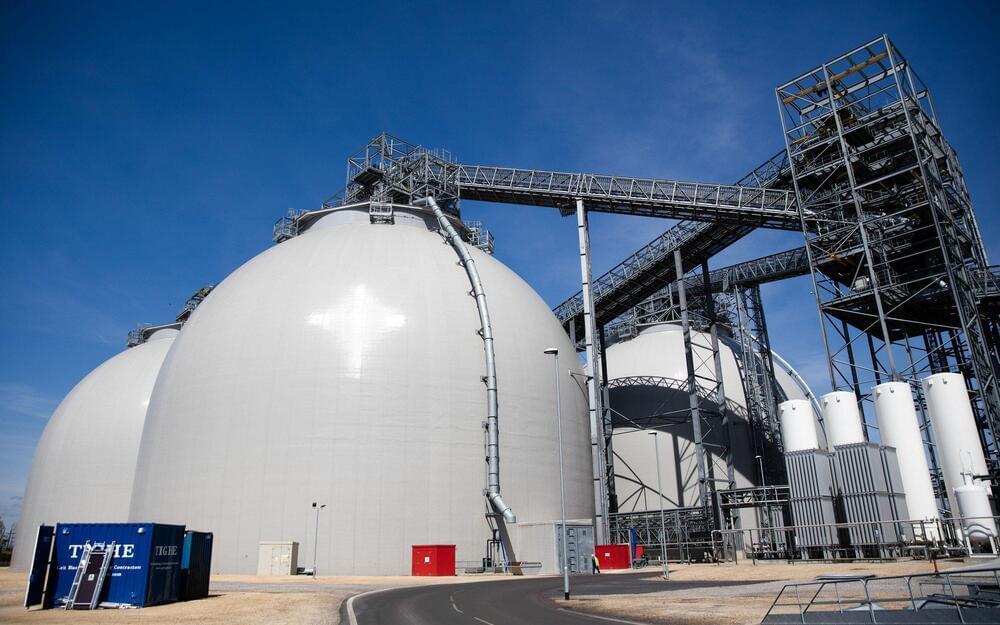The Dominican Republic is home to the largest solar park in the Caribbean. It was built by F&S Solar. The company based in Euskirchen, Germany, has relied exclusively on Lapp for many years.




He’s absolutely right about birth rates and its implications for our species. OVER population is a disproven concept as far as our near and near-far future goes.
Elon Musk is the charismatic co-founder of PayPal and Tesla, as well as the founder of SpaceX, Neuralink, and The Boring Company. He serves as CEO of Tesla and CEO/lead designer of SpaceX. Watch along as he explains why earth doesn’t have a lot of time left.
Other business videos:
➟ “Most People Don’t Even Realize What’s Coming” | Elon Musk Shocking Speech (2021)
➟What Is The Price Of Success? — Elon Musk Speech.
https://www.youtube.com/watch?v=D-tTj6sm10M
➟Audience Stunned when Elon Musk Predicts a Climate Change.
https://www.youtube.com/watch?v=_ozlbGB57aE
This video is all about Elon Musk, Musk, Elon, Tesla, SpaceX, The Boring Company, Business, Jeff Bezos, Space, Cars, Bill Gates, Mark Zuckerberg, millionaires, billionaires, motivational, motivation, Elon musk motivation, Elon musk motivational, elon musk, elon musk motivation, elon musk motivational speech, elon musk inspiring speech, elon musk best speech, elon musk emotional speech, elon musk inspirational video, elon musk emotional, elon musk mindset, elon musk tears up speech, elon musk tears up, elon musk holding back tears, business core, elon musk zone, motivation core, DBbusiness and more topics!
All materials in these recordings are utilized for educational & motivational purposes and fall under fair use law. No copyright encroachment intended. In case you are or represent the copyright proprietor of materials utilized in this video and are object to the utilization of these materials, kindly reach out to me, and we will sort it out.


Tesla is planning to build its new design center in Beijing later this year, according to a new document released by the Chinese government.
Shortly after announcing Gigafactory Shanghai, Tesla made it clear that it not only wants to tap into China’s incredible capacity in manufacturing, but it also wants to take advantage of the country’s incredible engineering and design talent.
In early 2020, Tesla announced plans to establish a new R&D center and a new design center in China to build “a Chinese-style” electric car.

Researchers from Chalmers University of Technology have produced a structural battery that performs ten times better than all previous versions. It contains carbon fiber that serves simultaneously as an electrode, conductor, and load-bearing material. Their latest research breakthrough paves the way for essentially ’massless’ energy storage in vehicles and other technology.
The batteries in today’s electric cars constitute a large part of the vehicles’ weight, without fulfilling any load-bearing function. A structural battery, on the other hand, is one that works as both a power source and as part of the structure – for example, in a car body. This is termed ‘massless’ energy storage, because in essence the battery’s weight vanishes when it becomes part of the load-bearing structure. Calculations show that this type of multifunctional battery could greatly reduce the weight of an electric vehicle.
The development of structural batteries at Chalmers University of Technology has proceeded through many years of research, including previous discoveries involving certain types of carbon fiber. In addition to being stiff and strong, they also have a good ability to store electrical energy chemically. This work was named by Physics World as one of 2018’s ten biggest scientific breakthroughs.

Stephen Hawking made terrifying predictions of the future. Based on science, the late British physicists predicted several things that could happen on Earth, from the rise of powerful Artificial intelligence to fearful robots poised to destroy humankind. Hawking also spoke about how it was dangerous to search for aliens and how global warming could destroy Earth as we know it.
However, Stephen Hawking also spoke about how abrupt advances in genetic science could lead to creating a future generation of superhumans that could eventually destroy humanity as we know it.
In recently published papers, Prof. Hawking predicted that an elite class of physically altered, intellectually powerful humans could come into existence from rich people choosing to edit their existing DNA and manipulate future generations’ genetic markup.
Circa 2021
Nissan and Waseda University in Tokyo have been working together since 2017, and today, they announced that they are starting the testing of a recycling process that recovers high-purity, rare-earth compounds from electric vehicle motor magnets.
First, they heat a used motor to 2,552F (1,400C) to melt it down. Then iron oxide is added to oxidize the rare-earth elements (REEs).
Next, a small amount of borate-based flux, which can dissolve rare-earth oxides and recover REEs efficiently, is added to the molten mixture.